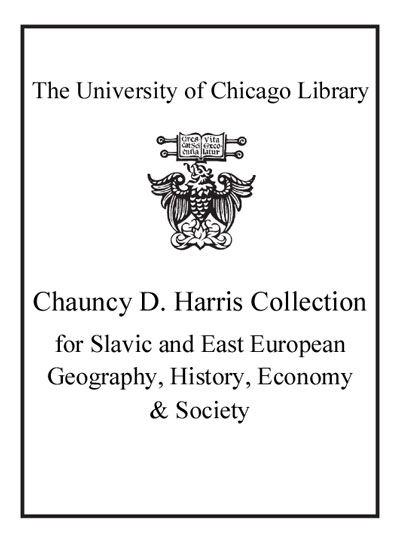| Summary: | This book compares the results of twenty years of international media assistance in the five countries of the western Balkans. It asks what happens to imported models when they are applied to newly evolving media systems in societies in transition. Albania, Bosnia-Herzegovina, Kosovo, Macedonia, and Serbia undertook a range of media reforms to conform with accession requirements of the European Union and the standards of the Council of Europe, among others. The essays explore the nexus between the democratic transformation of the media and international media assistance in these countries. The cross-national analysis concludes that the effects of international assistance are highly constrained by local contexts. In hindsight it becomes clear that escalating media assistance does not necessarily improve outcomes. In the western Balkans imported solutions have not been sensitive to local conditions, and international strategies have tended to be schematic, without strategic approaches to promote media policy stability, credible media reform or implementation. The book offers valuable insights into the nature and effects of media assistance and the strategies of international aid agencies, local political forces, media professionals, civil society organizations and other actors.
|
|---|

